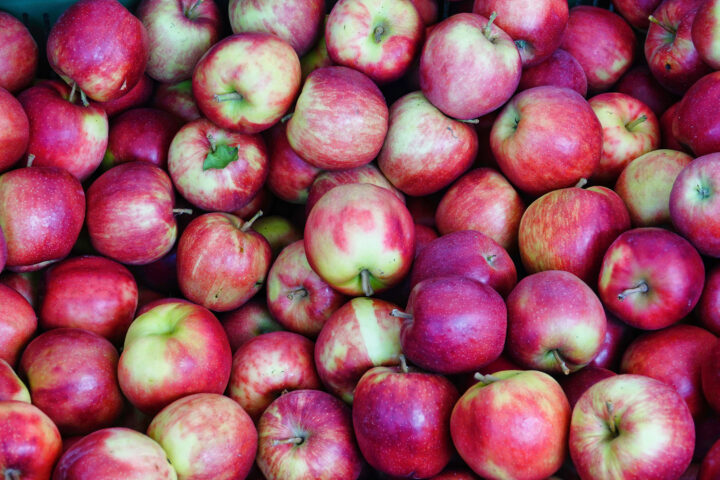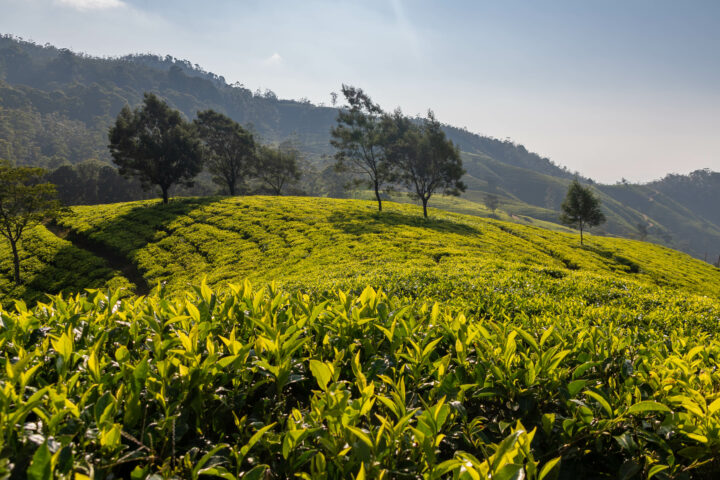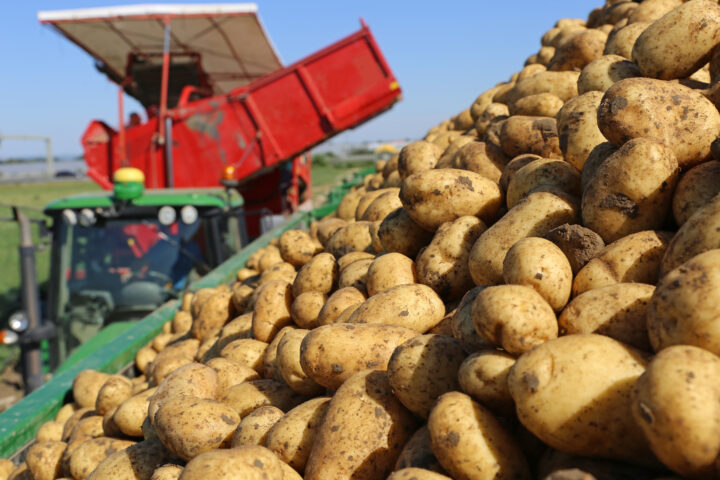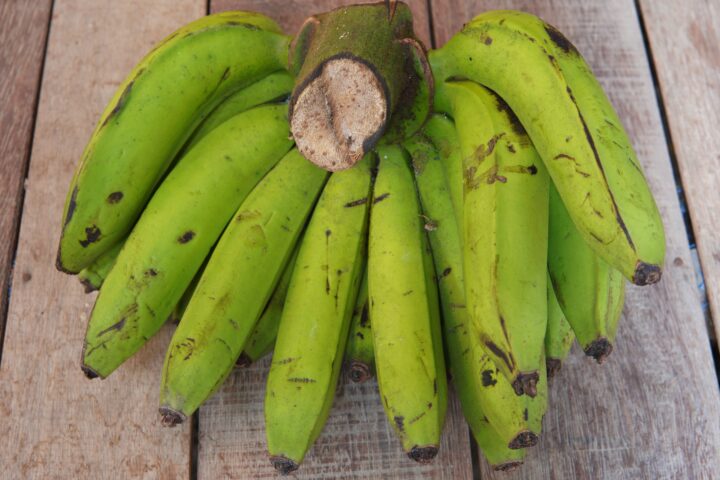
Meat alternatives still too expensive
Meat substitutes are being prominently advertised during "Veganuary". However, these are often much more expensive in the store than the original products made of real meat. This is largely because these products are still produced in small quantities. Production costs, raw material prices, innovation costs and the absorption of willingness to pay also play a role.
Tuesday, February 1, 2022
As the "Sonntagszeitung" reports, "Veganuary" – a vegan January – can be quite expensive. Prices for plant-based meat alternatives are high. Many products cost significantly more than real meat. As an example, the newspaper mentions vegan bacon, "Vacon", which at over five francs per 100 grams is almost twice as expensive as normal bacon. The same applies to the plant-based "Green Mountain Burger", which is about a third more expensive at Coop than a conventional meat variety from the same manufacturer. Urs Niggli, agricultural scientist and Swiss organic pioneer, told the Sonntagszeitung: "Vegan products are niche products for an elite."
Various factors for high prices
The reasons for the high prices, however, are manifold. For Sarah Moser from the Vegan Society Switzerland, the high margins of retailers are a factor. Marketing as lifestyle products would primarily appeal to customers with a high willingness to pay. The fact that there is also little competition in the industry also increases prices. According to the "Sonntagszeitung", retailers refer to the low sales volumes, the completely new technology and the raw materials available in limited quantities. All these factors contribute to high production costs and thus high prices for consumers.
Low demand from consumers
Suppliers of alternative meat products are currently struggling with higher costs. The two companies Oatly and Beyond Meat must pay significantly higher prices for oat milk or rapeseed oil. This puts pressure on the profit margin and the emerging competition puts pressure on the high consumer prices: In June 2021, oat milk was still more than twice as expensive as cow's milk, although in November 2021 Coop lowered oat milk prices. Competition in the vegan segment continues to increase. Large companies such as Nestlé and Unilever have also entered the market with plant-based meat alternatives – Nestlé, for example, offers a pea-based plant milk or a vegan tuna alternative. Price will be decisive for whether the products can establish themselves in the market. For consumers, price is still one of the most important factors in a purchase decision.
Health concerns and disgust as an obstacle
Many consumers believe that vegetarian products are unhealthier and more harmful to the environment than meat. This is shown by a study by ETH Zurich. The negative attitude is also reflected in purchasing. Vegan products are therefore still niche products. For some, however, disgust also prevails: Migros removed its dried mealworms, crickets and locusts from its range in November 2021 after around three years. This move took place despite the fact that proponents of an insect diet see their products as having an advantage over plant protein sources. They could be better absorbed by the human body. However, it is still likely to be a rocky road until meat substitutes made from insects become established as snacks among consumers in this country.
Proof of sustainability still to be provided
From the very beginning, the target group for insect and vegan products has been people who increasingly prefer plant-based food for ecological reasons. People who are exclusively vegan are still of no interest to food processors and retailers. They don't even make up one percent of the population. To score points with these consumers, who are increasingly paying attention to climate and environmental protection, you have to provide the evidence for the comprehensive sustainability of these products. The NZZ am Sonntag doubts, citing the example of artificial meat, that it is actually more sustainable. Conclusion: Until meat substitutes serve more than one niche, there are still some challenges to be solved.
Related articles

Where the focus lies in apple breeding
The new head of Agroscope's fruit breeding research group is Andrea Patocchi. In an interview with the trade journal Obst + Wein, he explains where the focus of apple breeding lies today.

Chinese robot picks tea
There is a shortage of tea pickers in China. A robot developed by a researcher is set to remedy the situation and take over the work in future. Thanks to artificial intelligence, the machine can even recognise the shoots of the tea plant. The first harvesting robots are also already being developed in Switzerland.

Potato farmers want robust varieties
As the use of pesticides is to be massively reduced, the potato industry now wants to focus on more robust varieties. The industry has even concluded a target agreement with the federal government. This is ambitious: By 2040, robust varieties are to thrive on 80% of potato cultivation areas.

How genetic engineering is saving the Cavendish banana
The most popular banana variety - the so-called Cavendish banana - could soon disappear due to a persistent fungus. Australian researchers have developed a solution based on genetic engineering.

